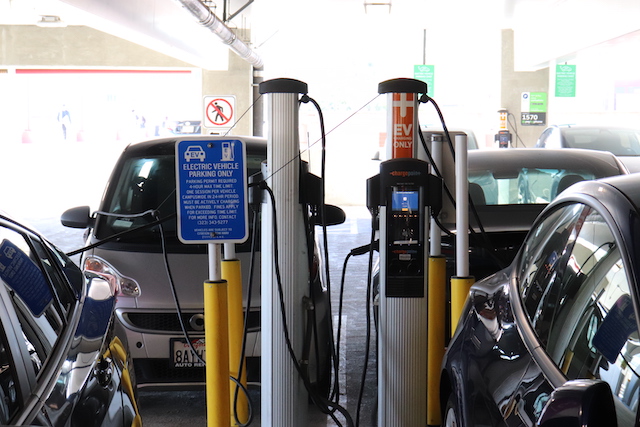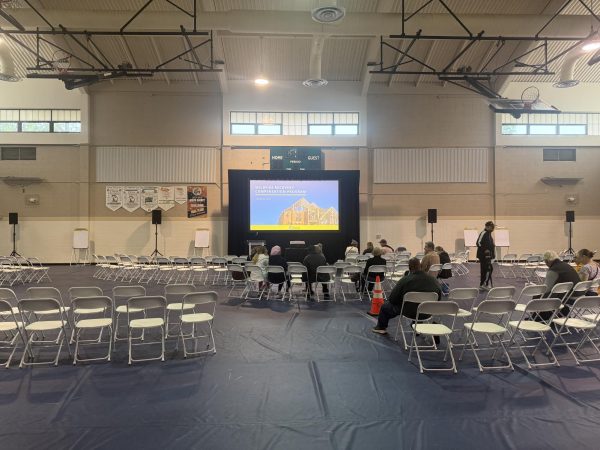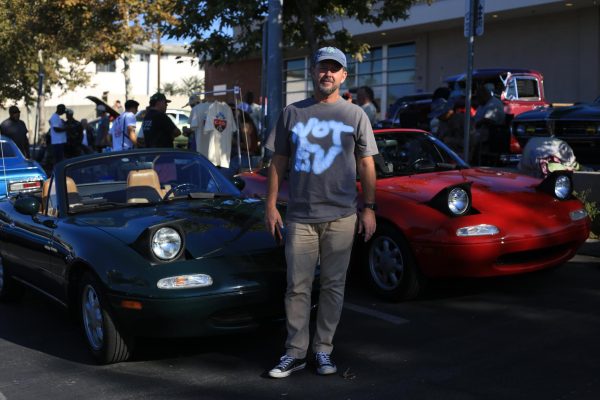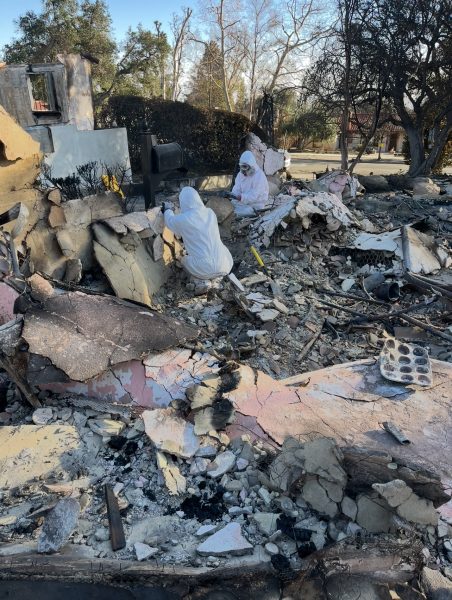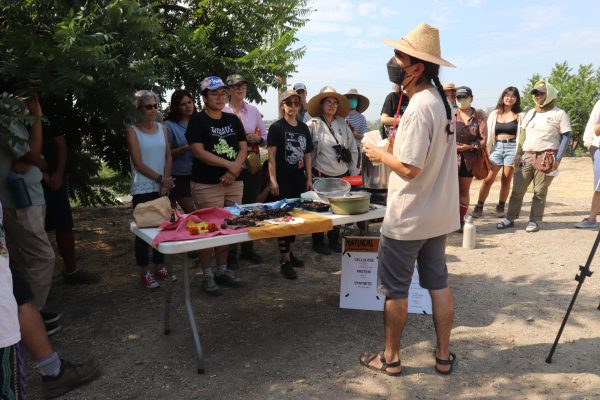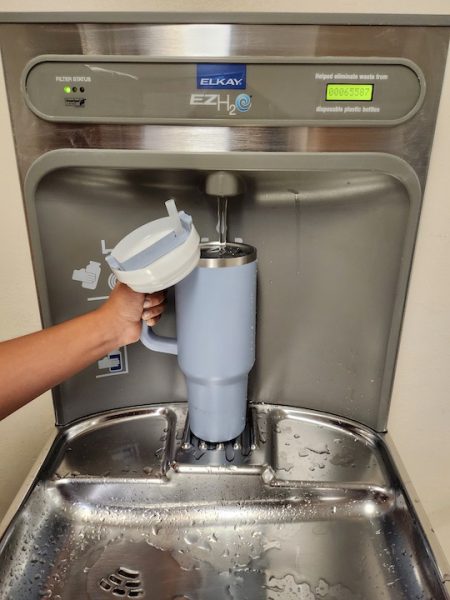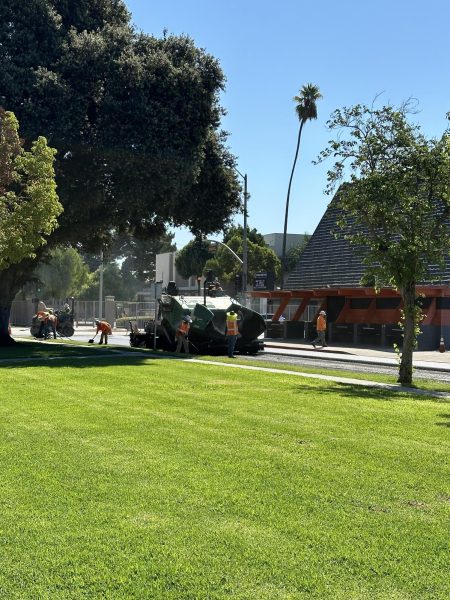Prop. 30: Should multimillionaires’ taxes be raised to tackle climate change?
Los Angeles residents are divided on the measure
Hike taxes for multimillionaires. Generate funds to subsidize zero-emission vehicles and pay for wildfire response and prevention. Clean up polluted air.
Those are the goals of Prop. 30, which California voters will decide on as part of the Nov. 8 election, with climate control being a main focus on the ballot.
Supporters say Prop. 30 is needed to help reduce greenhouse gasses. Opponents say it would increase taxes unnecessarily — and as a result, perhaps drive some residents out of the state. Opponents also say that it could lead to taxpayers footing the bill for electric car subsidies that ride-share companies Uber and Lyft should pay for on their own. (The state is requiring ride-share companies to ensure 90% of their drivers’ miles are in electric vehicles by 2030.)
Under the measure, revenue would come from a 1.75% tax increase on Californians who earn $2 million or more annually — accumulating $3.5 billion to $5 billion annually.
That would fund, among other things, subsidies for people purchasing zero-emission cars, new vehicle charging stations and hiring and training firefighters in wildfire prevention.
In addition to wildfires, smog emissions from gas-powered vehicles contribute a lot to air pollution, said Fernando Partida, who is majoring in social work at Cal State LA and supports the measure.
“In the mornings you could see how foggy it gets sometimes,” said Partida, 24, who is from the South Los Angeles area. “It doesn’t look good.”
A 2020 UT Community News analysis of state data revealed higher rates of air pollutants in communities around the Eastside compared to the west side of the city.
Eastside communities also have a higher poverty rate and are more likely to be exposed to high levels of toxins.
Some say that while climate change is real and needs to be addressed, this measure isn’t the right solution.
Jorge Estrada, who is from Wilmington, does not believe this proposition combats income inequality despite the subsidies.
“All it does is just put more electrical vehicles that only rich people can afford anyways,” said Estrada, 42.
California’s Clean Fuel Reward program provides an instant price reduction of up to $750 for people eligible for ZEV purchases.
California has reported more than $319 million in rewards have been received, an estimate of more than 425,000 buyers since its launch in late 2020.
Of that total number of buyers, customers in underserved communities received just under a quarter of total rewards.
But opponents also say the additional charging stations needed could strain our electrical grid more than it already is.
Plus, opponents say lower-income folks may not be able to afford the energy-efficient cars anyway; and rideshare companies should meet the state’s EV mandate on their own, not on the taxpayer’s dime.
But according to Cal State LA professor Stephen Ladochy, the measure could also address California’s top source of air pollution: greenhouse gasses stemming from transportation.
Transportation is responsible for more than a fourth of the total national greenhouse gas emission across the country. Passenger cars are one of the sources accountable for emissions according to the United States Environmental Protection Agency (EPA).
Ladochy, who has been teaching meteorology and climate courses since the late 1980s, said that transitioning to electric-powered vehicles could make a big difference in climate change, something consumers should take some responsibility for.
“We consume the world’s resources,” said Professor Lodochy. “I think you can make a good case that the greenhouse gasses will come way down” under this measure.
But the fiscal responsibility falls on the wealthiest taxpayers, and California already has the highest income tax rate in the country, higher tax rates could drive businesses out of the state.
Spokesperson for Prop. 30 Steven Maviglio argues that it is a matter of fairness and a plan this big made sense to tax the rich.
“Californians that are making $2 million or more should be paying their fair share,” said Maviglio.
The subsidies that would be created would be critical for people in disadvantaged communities who are not able to afford ZEVs according to Maviglio.
“They’re expensive and inaccessible,” said Maviiglio. “Prop. 30 would position people to be able to afford them.”
Brian Perez contributed to this report.

